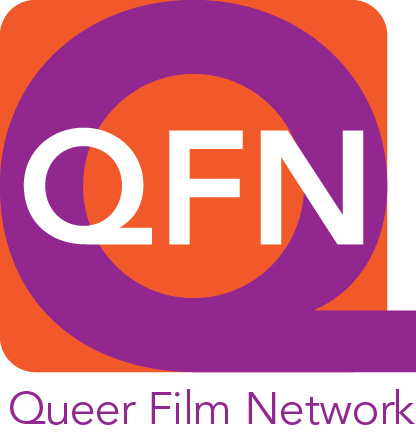- Create links between exhibitors and the distribution and production sectors.
- Provide a stronger platform for LGBTQIA+ film year round.
- Developing audiences for queer cinema through the UK and Ireland, with increased access to films and information.
- Increasing screening opportunities for queer filmmakers.
- Exchanging creative and practical ideas, information and experiences with the aim of benefiting members’ film festivals and year-round programmes.
- Instigating and supporting programmes and events that the network hopes will be toured around the UK and Ireland.
- Growing and developing the network by opening up membership to queer film programmers nationwide.
This website uses cookies so that we can provide you with the best user experience possible. Cookie information is stored in your browser and performs functions such as recognising you when you return to our website and helping our team to understand which sections of the website you find most interesting and useful.


